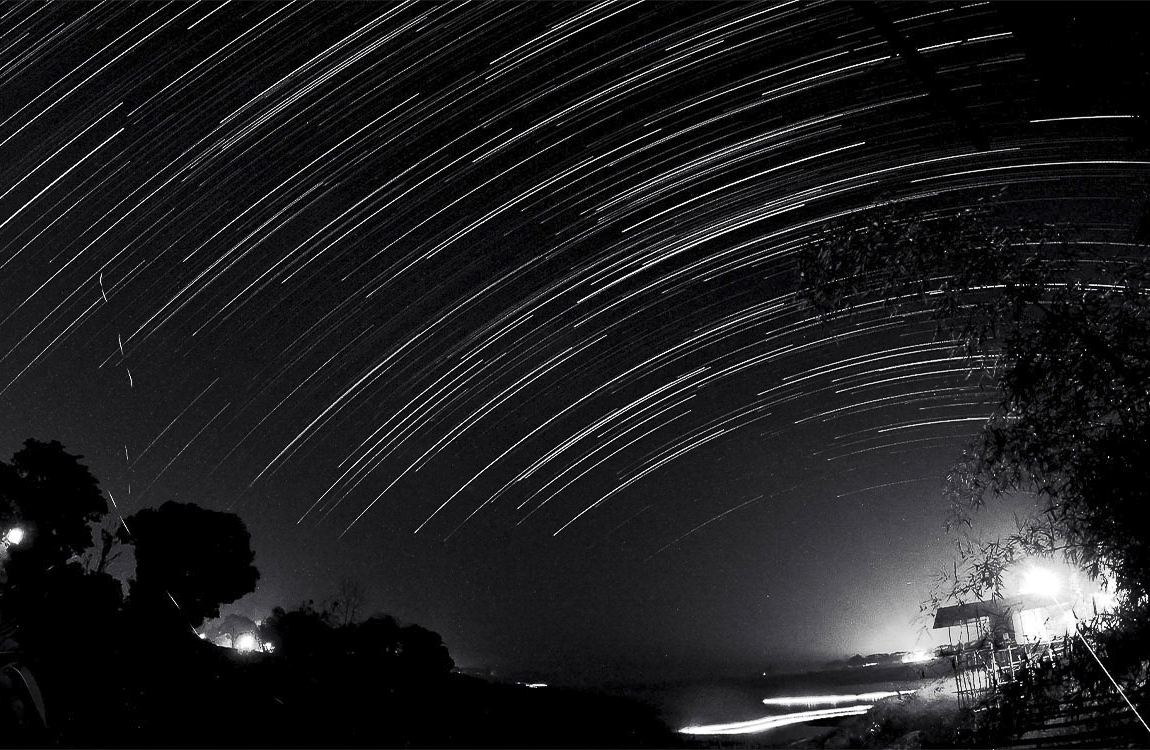
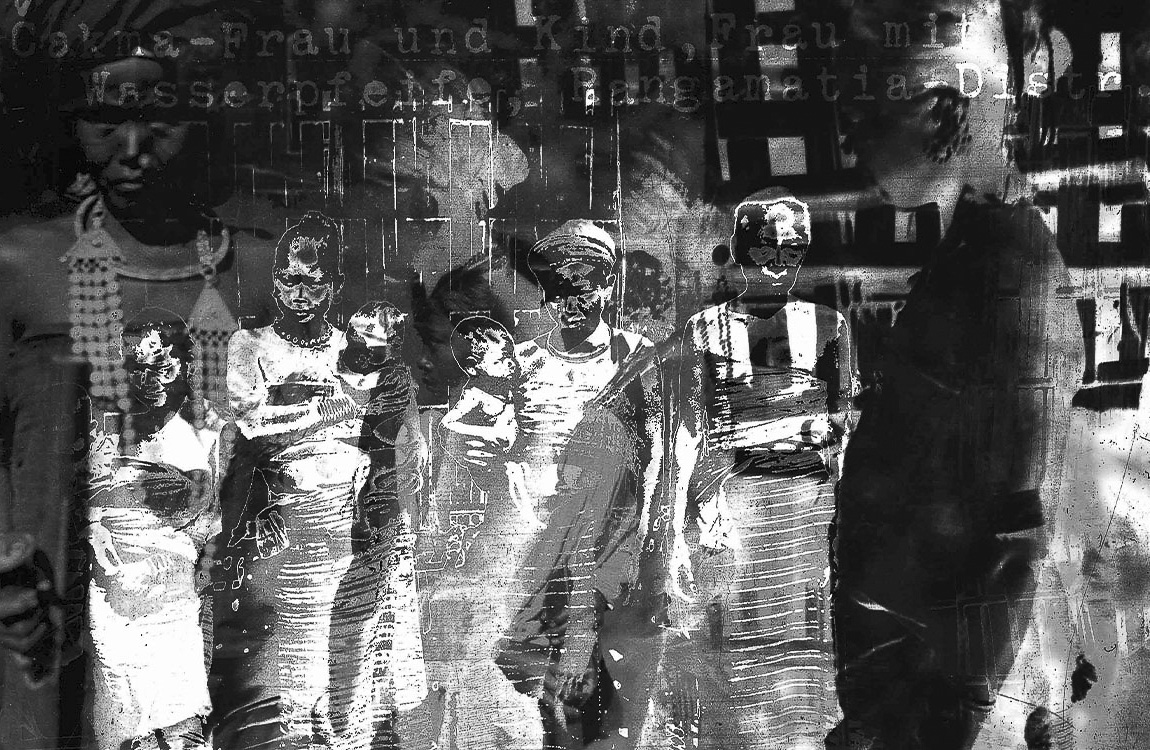
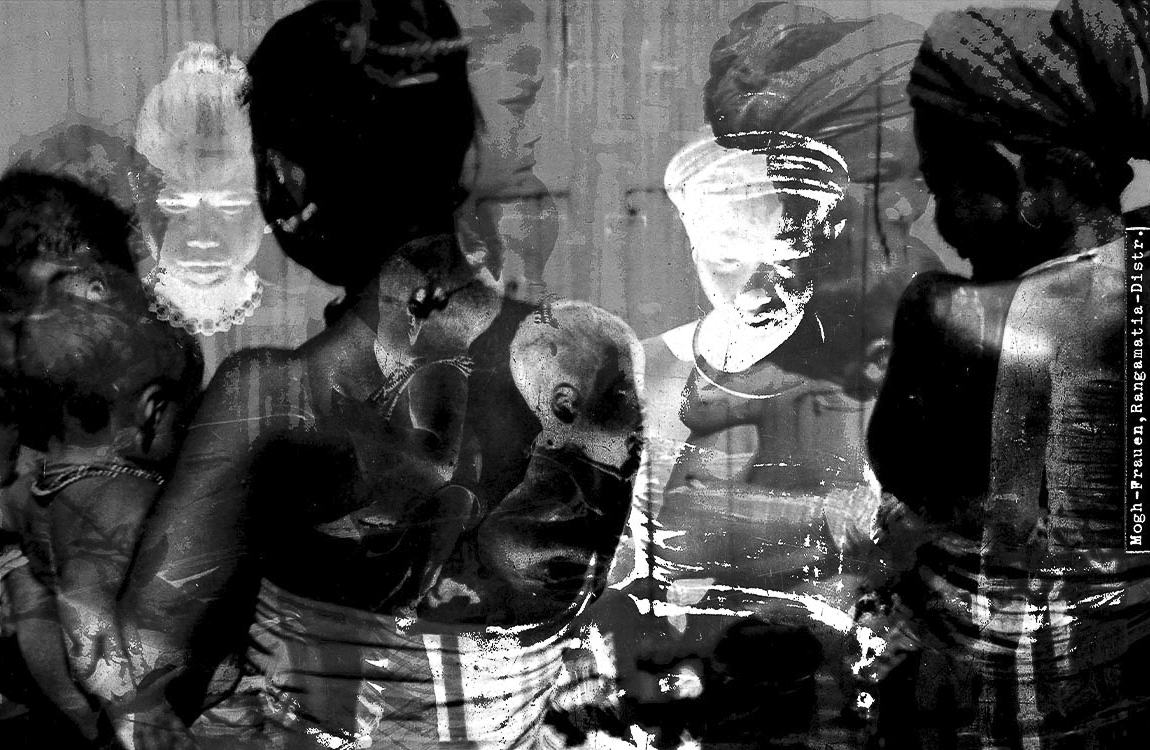
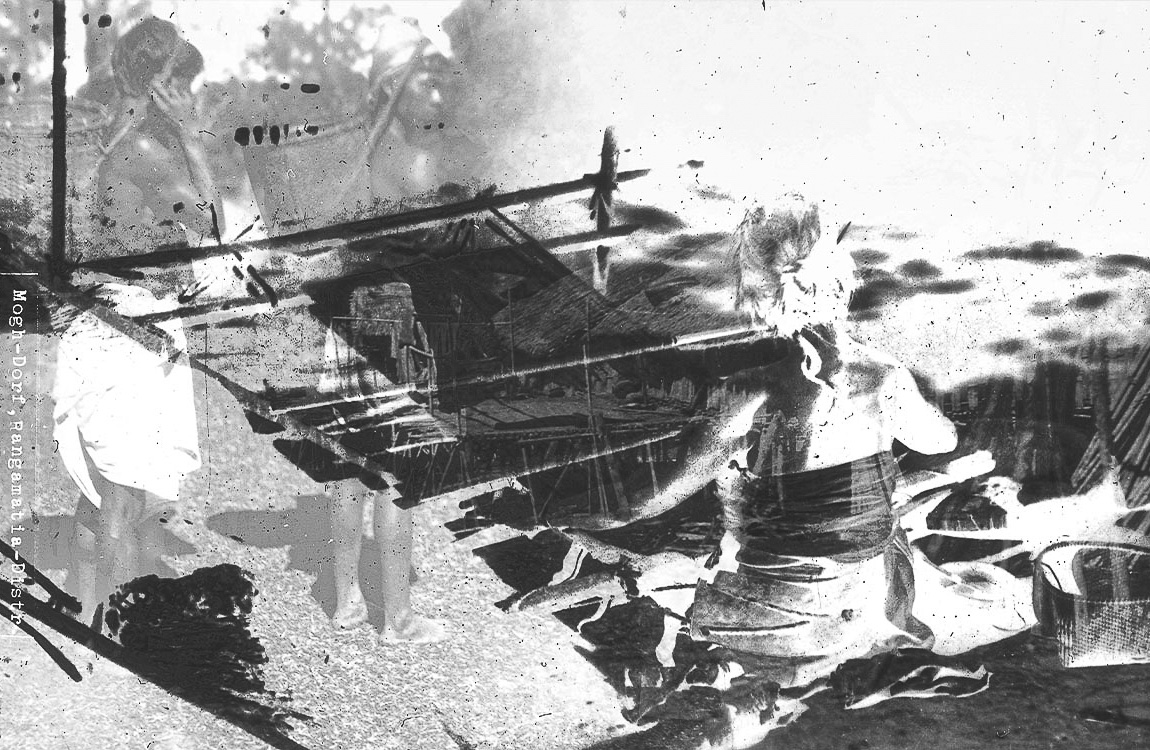
THE NOWHERE PEOPLE
- Unseen/Untold
Fellowship by RautenStrauch-Joest-Museum, Germany, 2022-2023
In 2022, the Leaky Archive digital fellowship shared RJM’s South Asian colonial photography collection lists with me. I investigated the fifty-four images sourced from Rangamati, Bangladesh, in 1927 from this large number of images. The photographs were taken and collected by Julius Konietzko. They are archived under the ethnographic section,
representing four groups of ethnic people, Chakma, Marma, Tripura, and Tanchangy, mostly the valley-living people from Rangamati, among the thirteen ethnic groups living in Chittagong hill tracks. My methodology was to find a way to break the norm of doing code with this colonial visual collection. I arranged a few
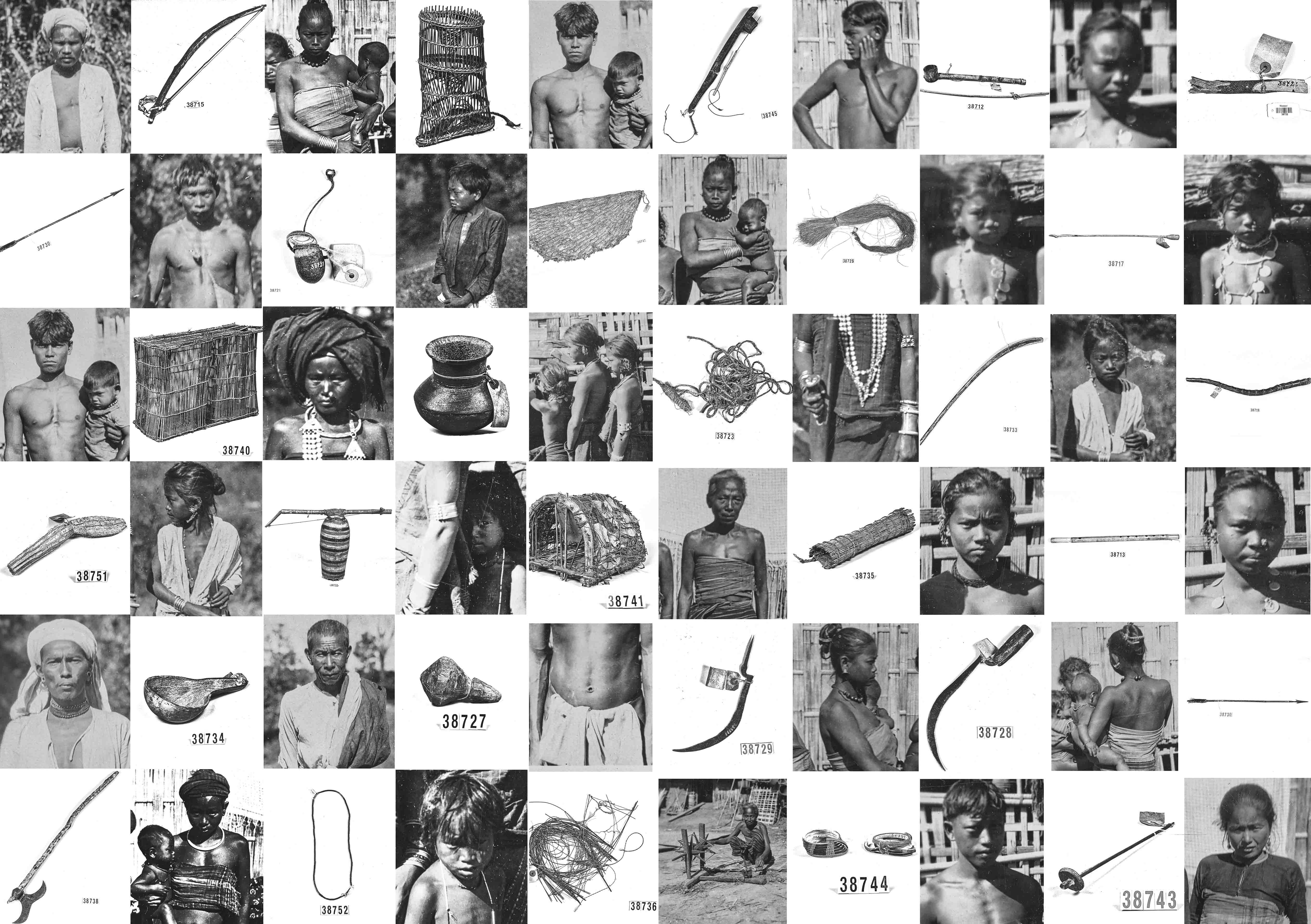
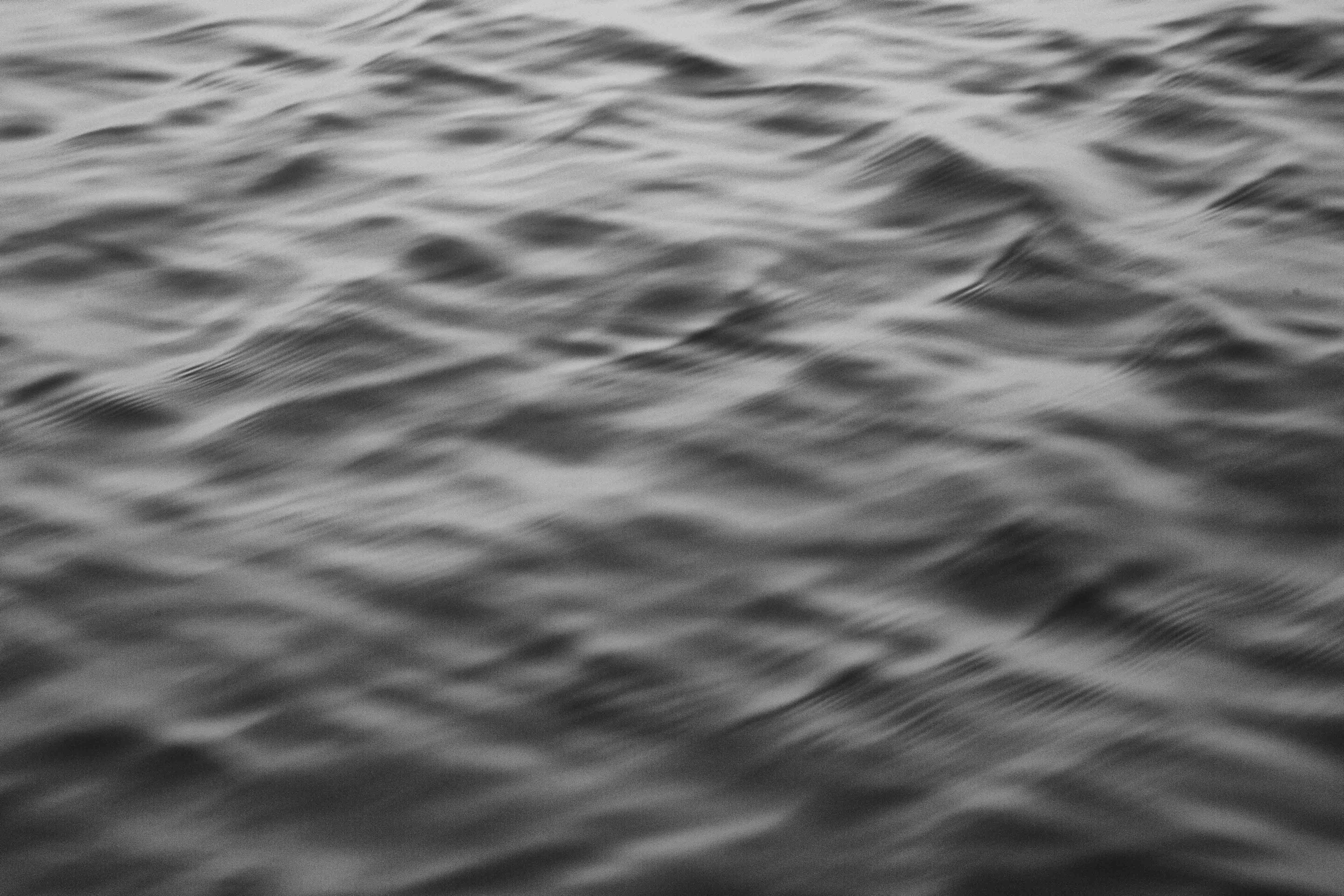
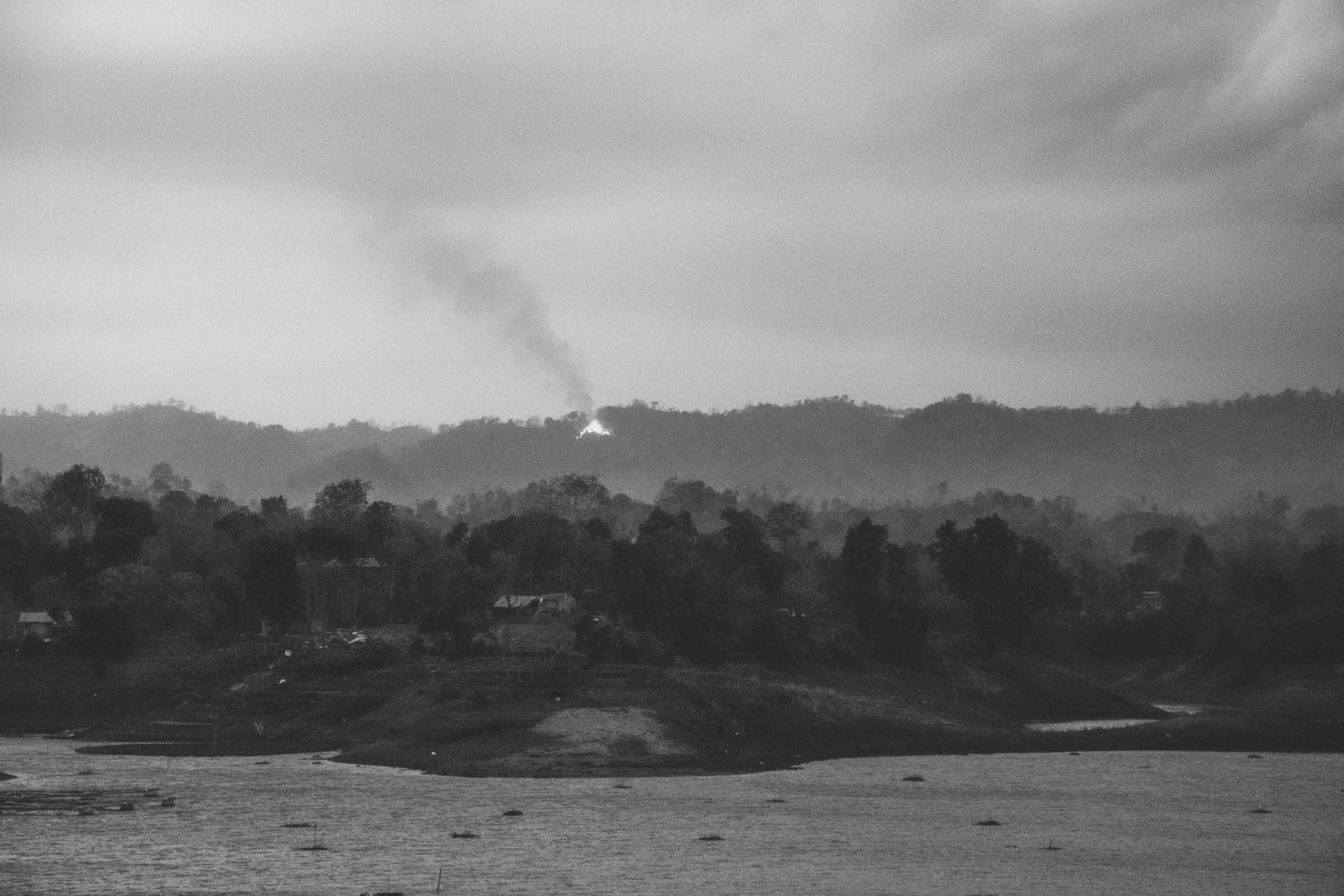
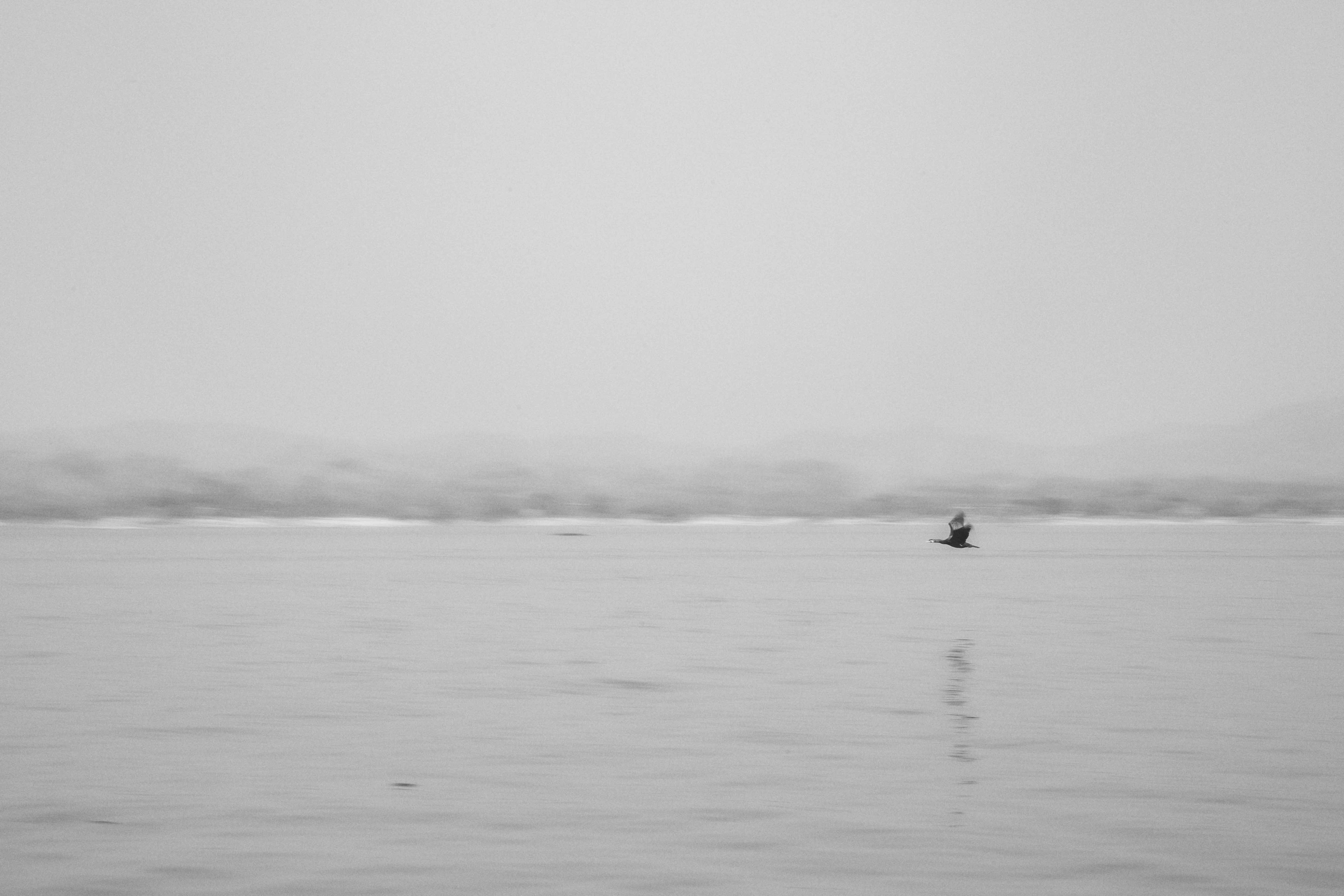
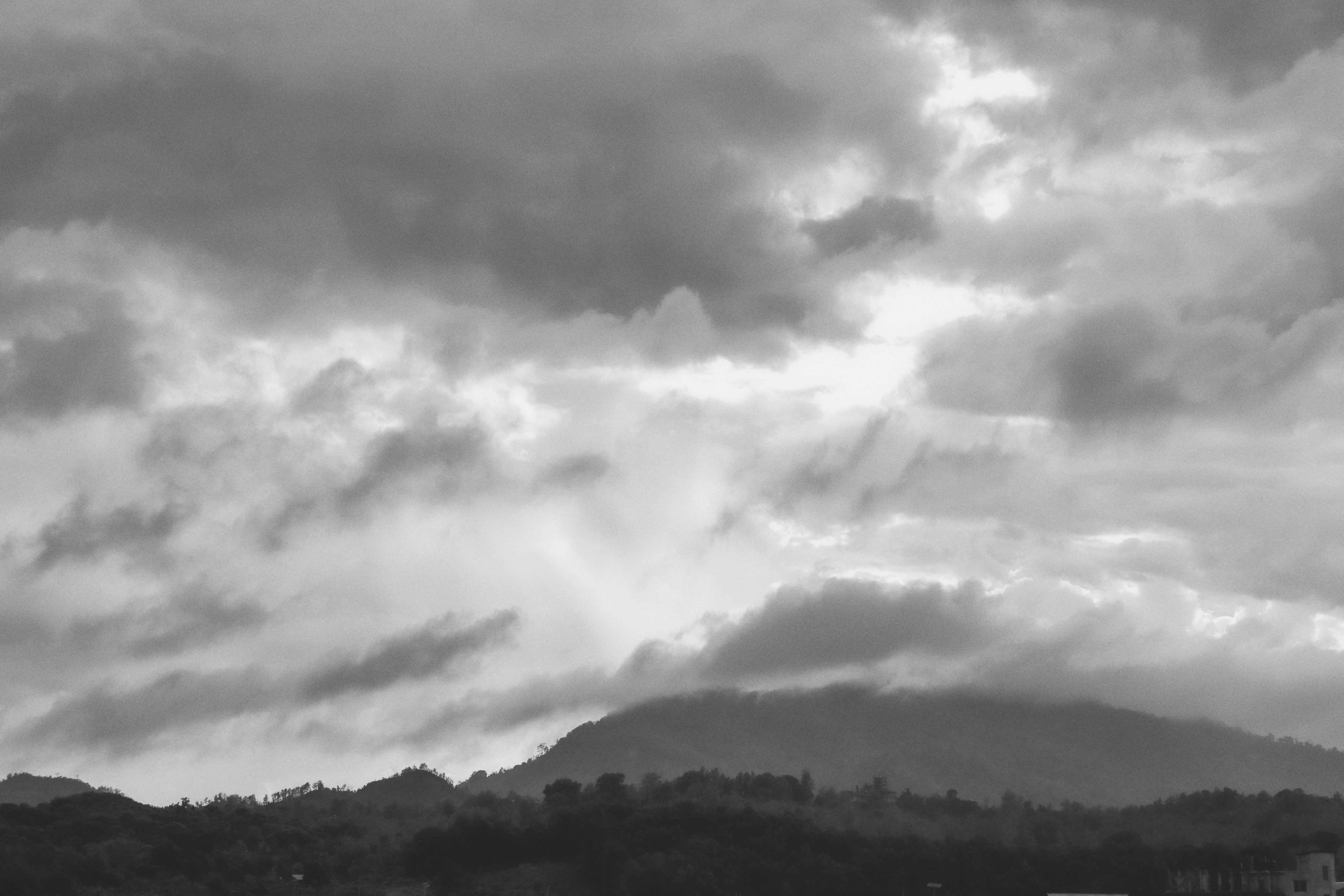
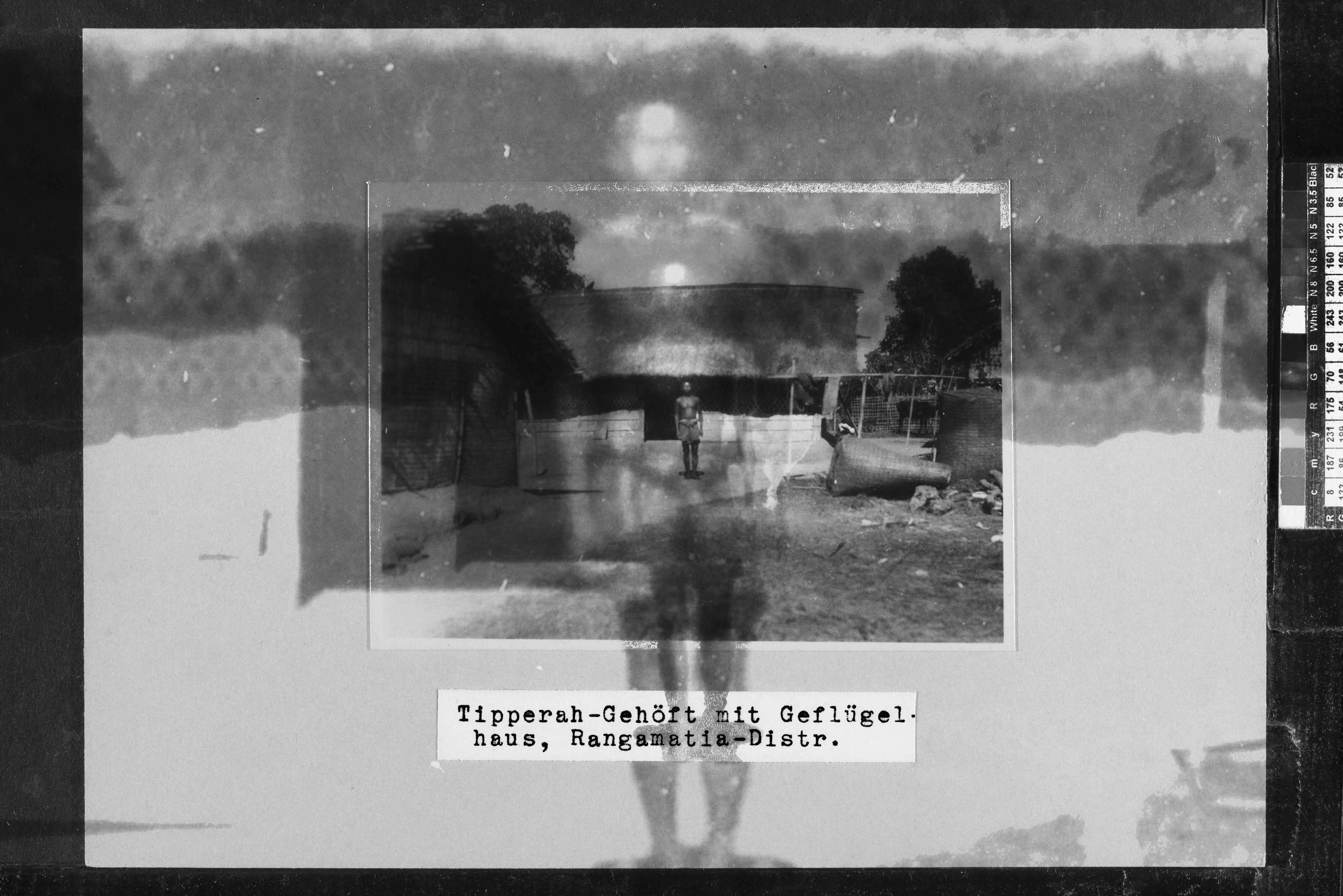
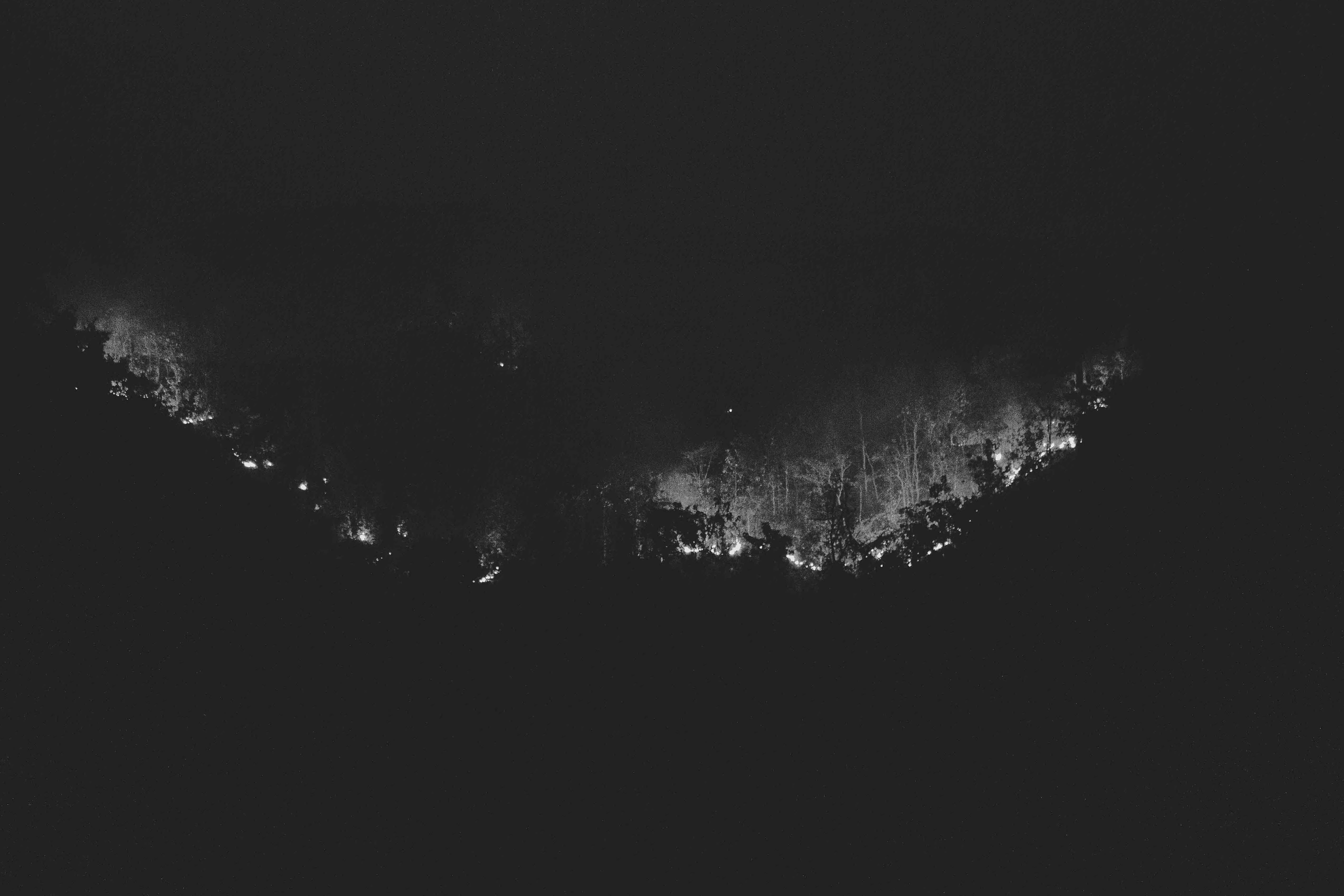

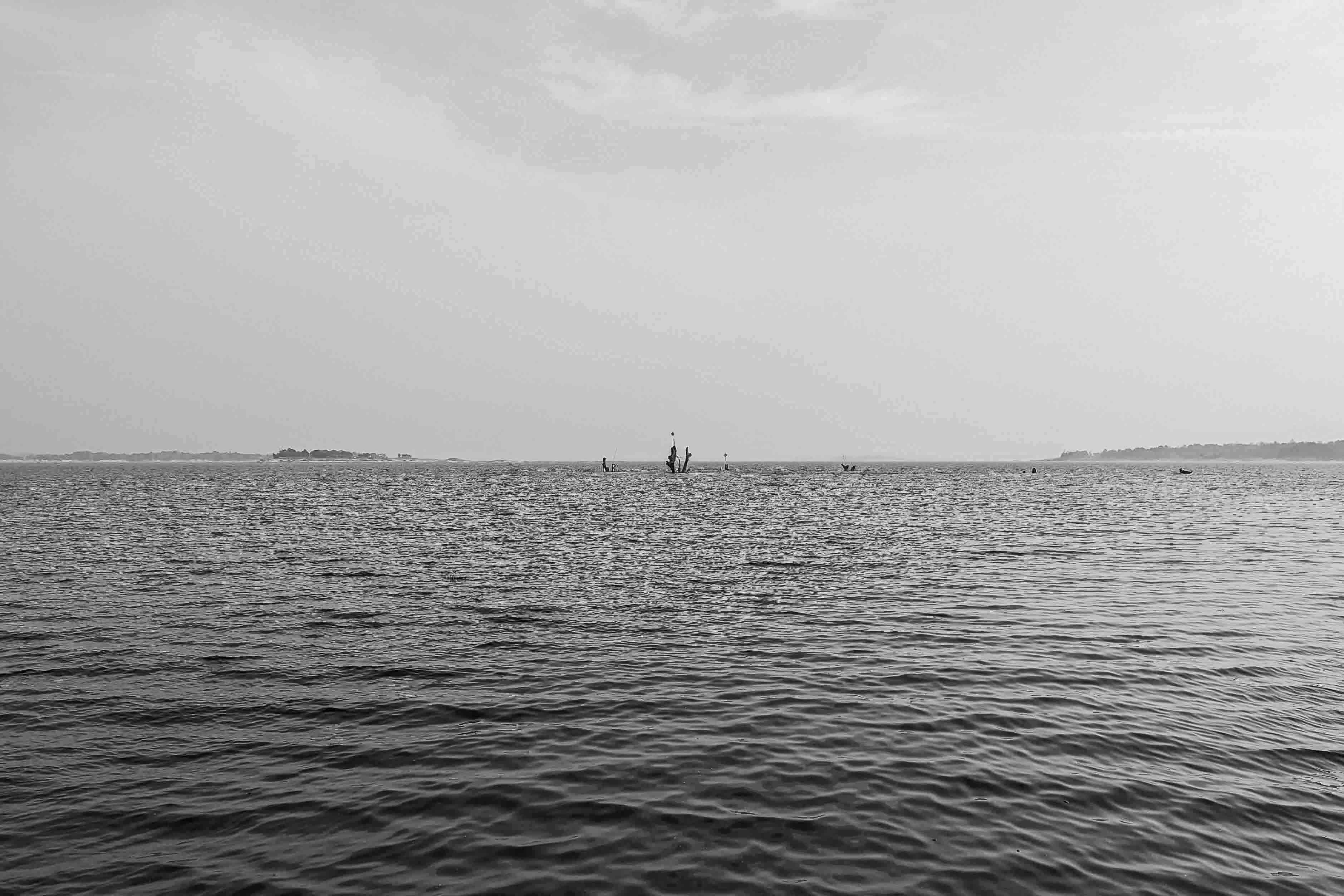
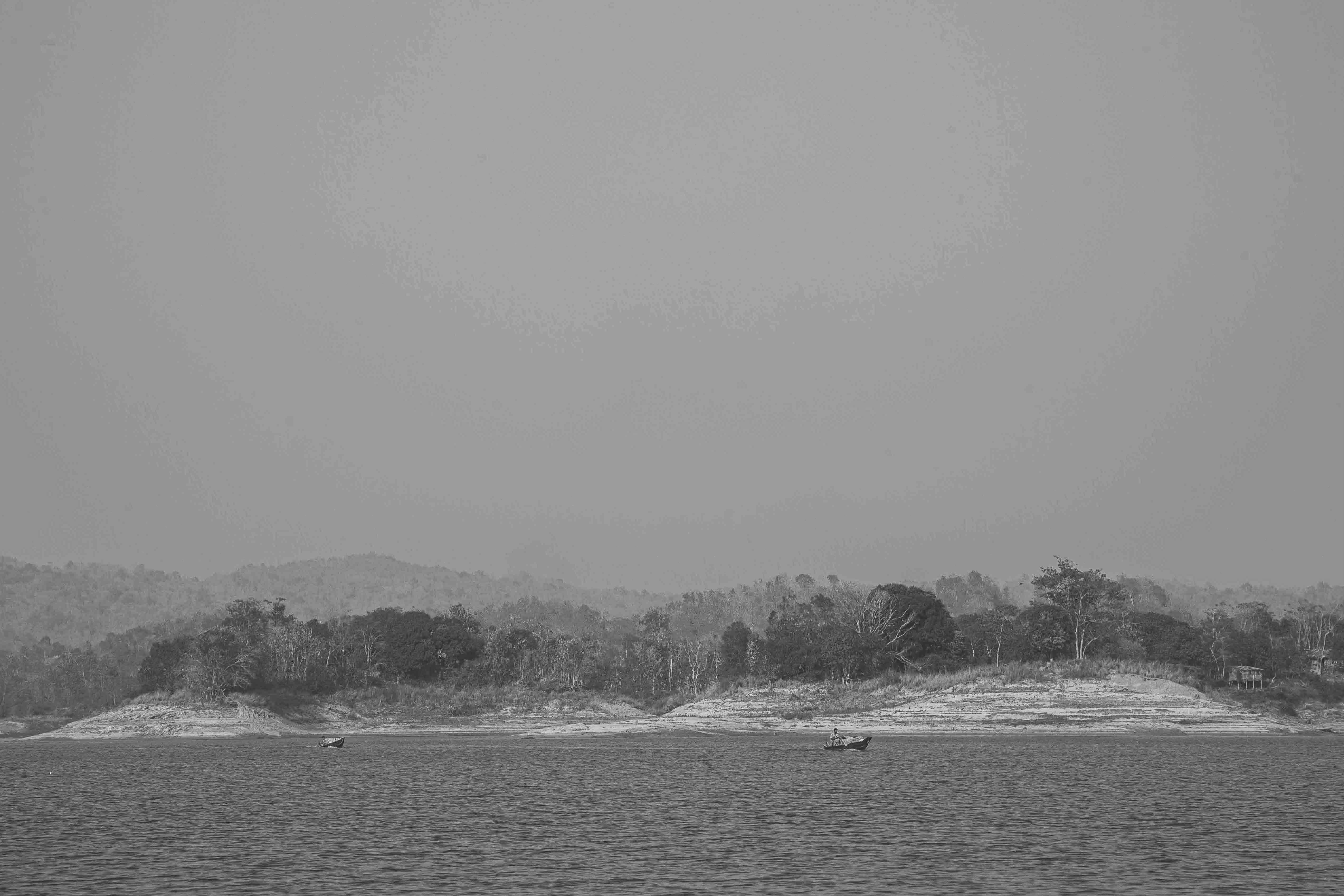
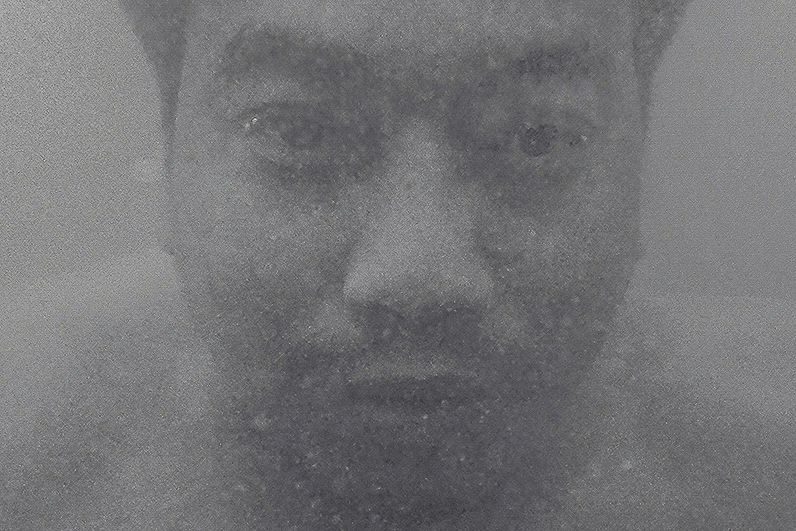
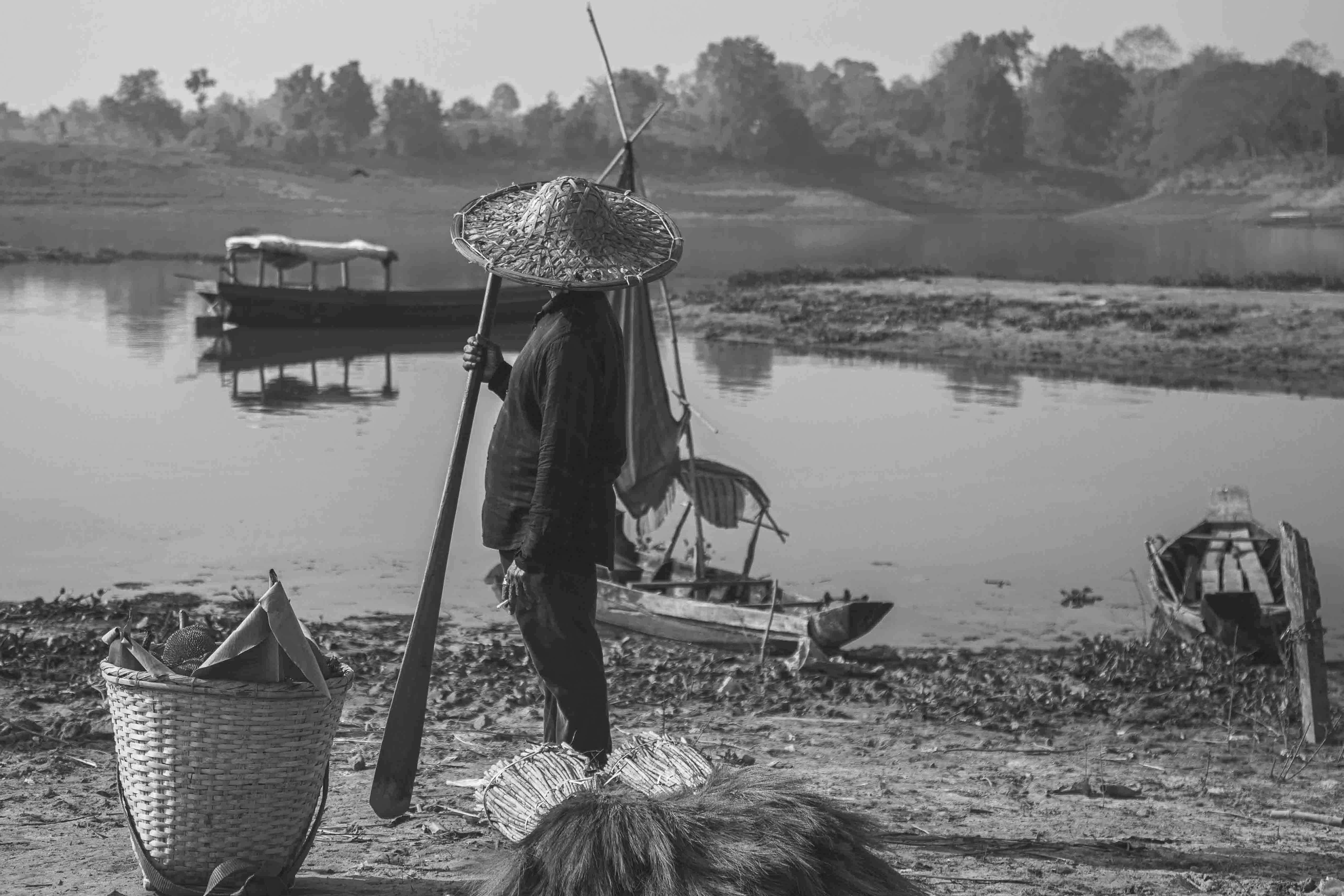
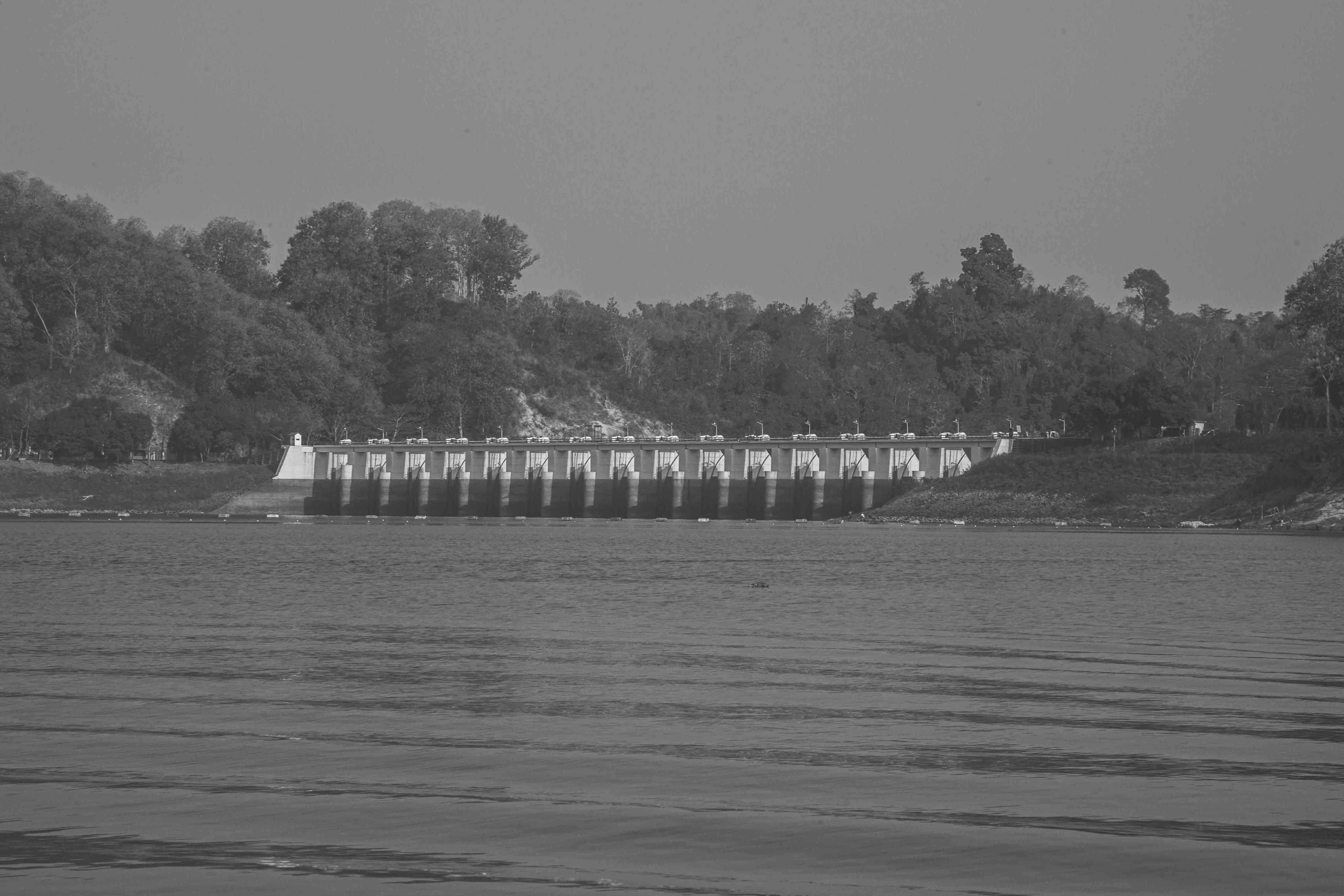
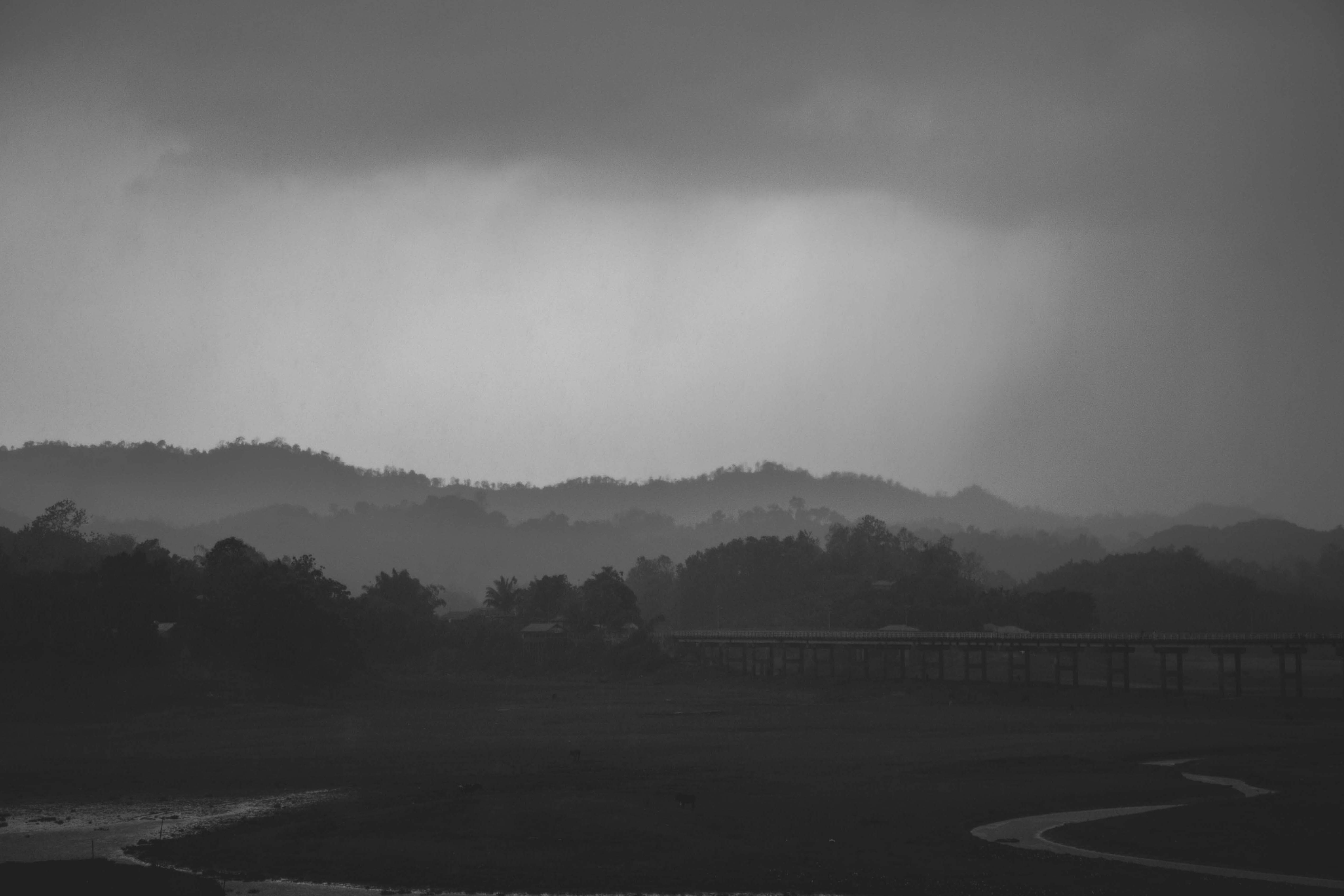
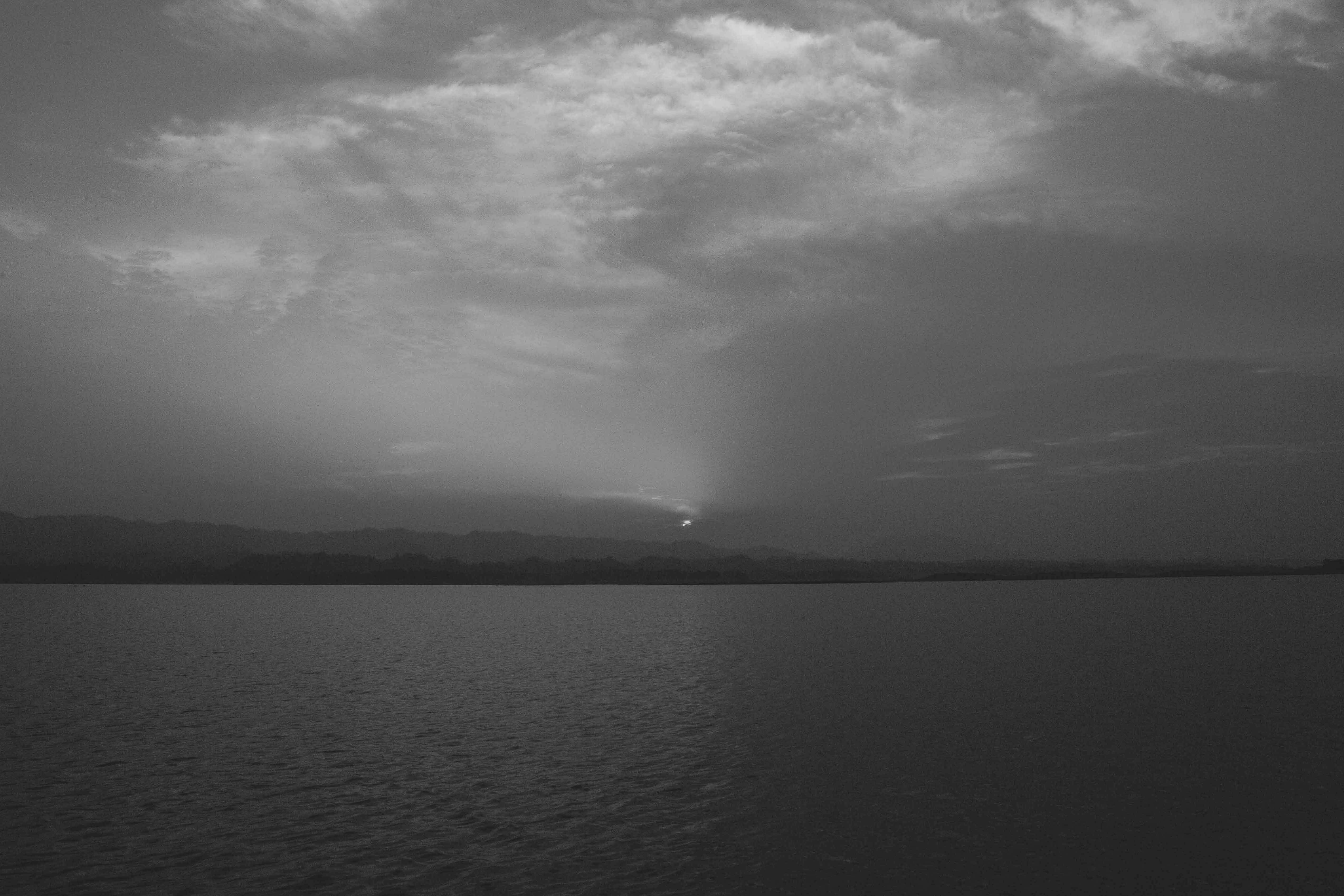
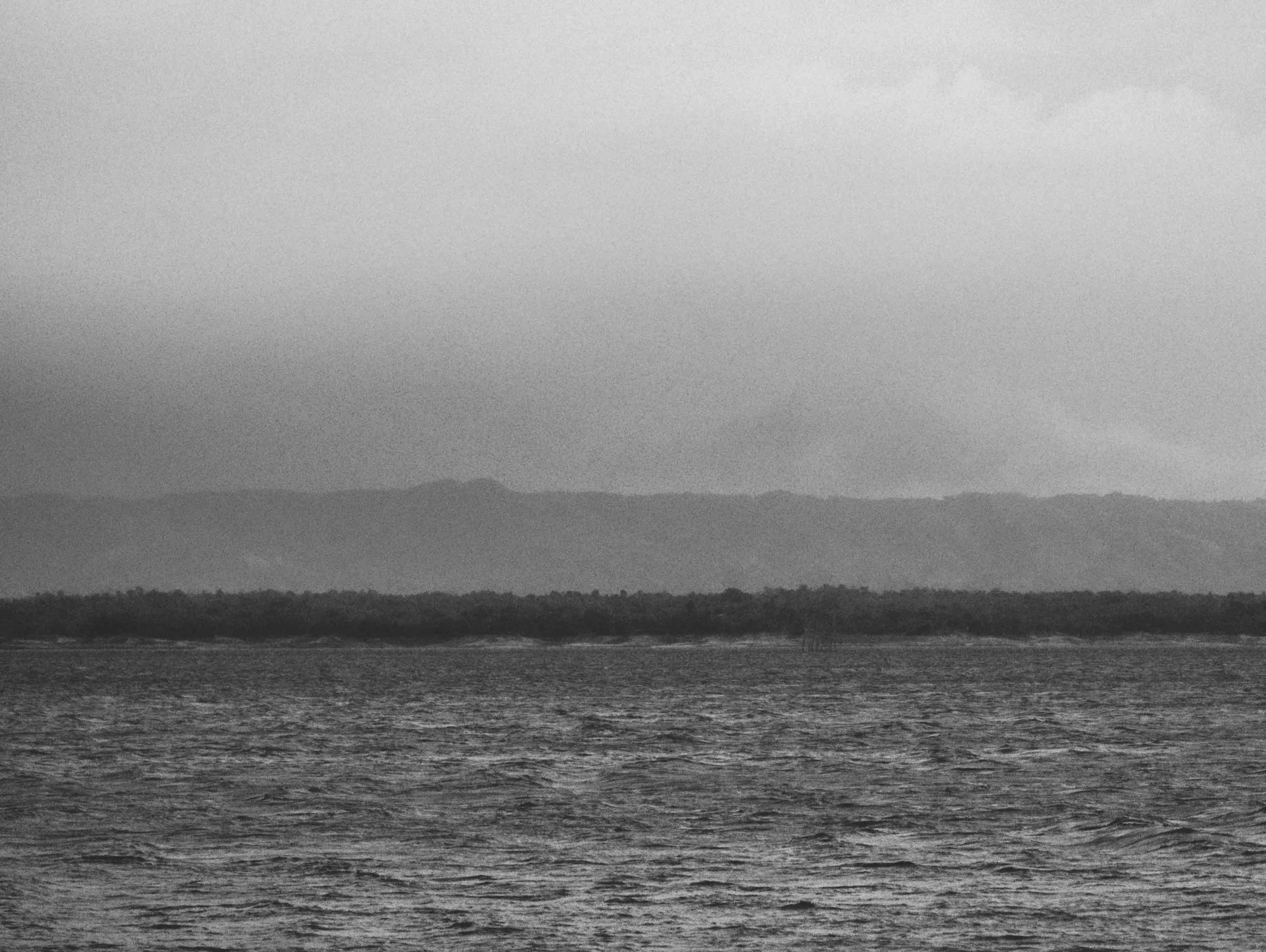
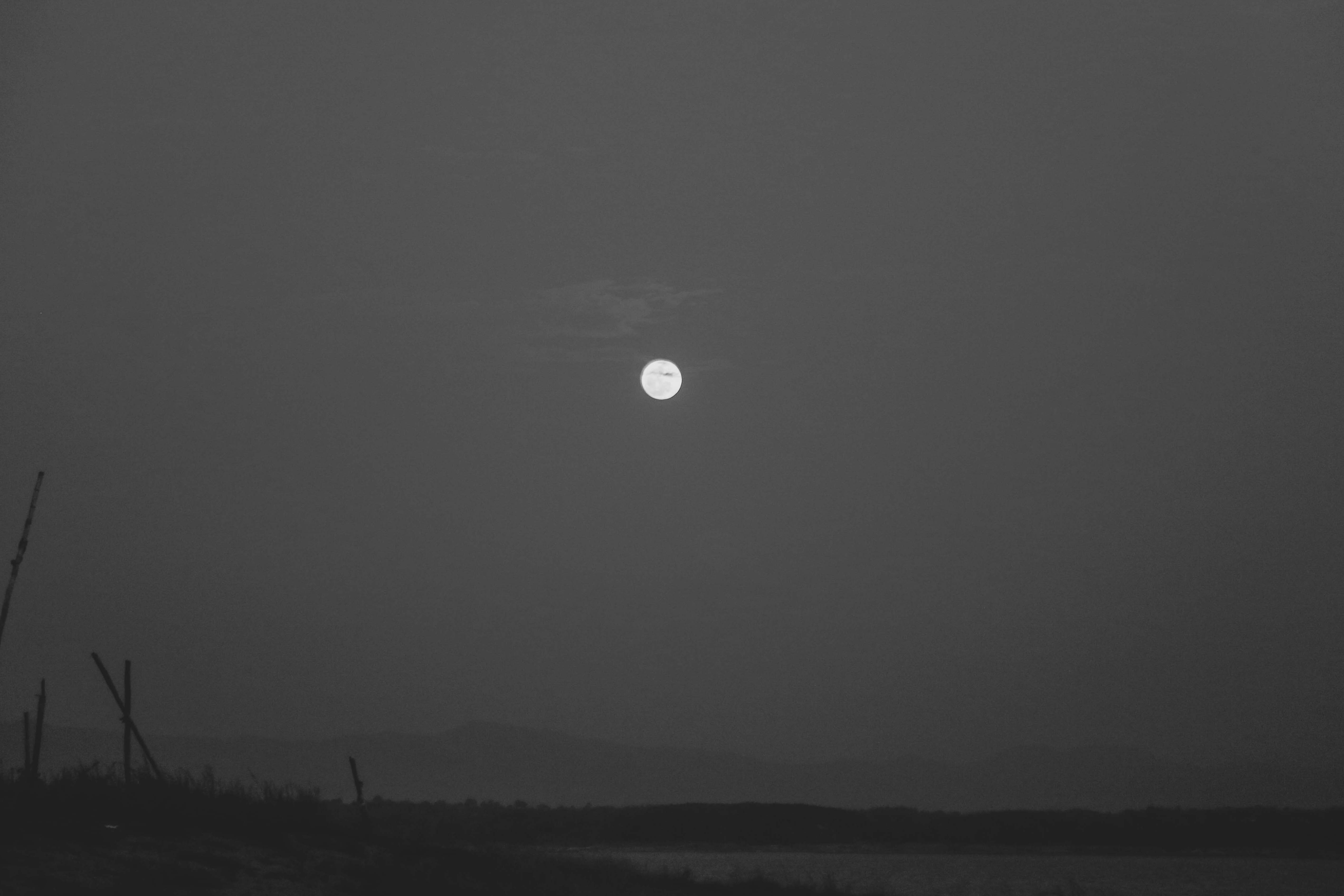
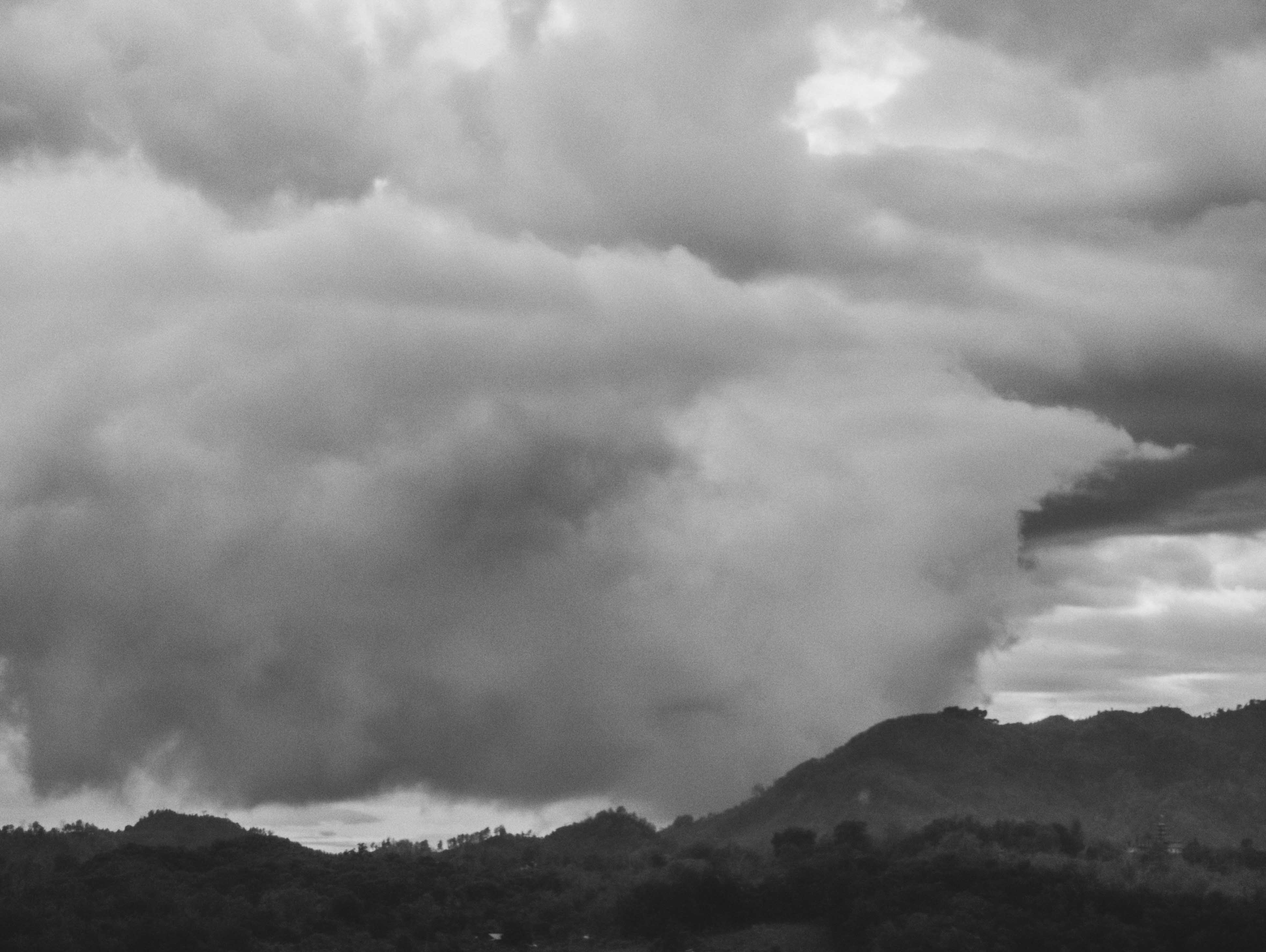
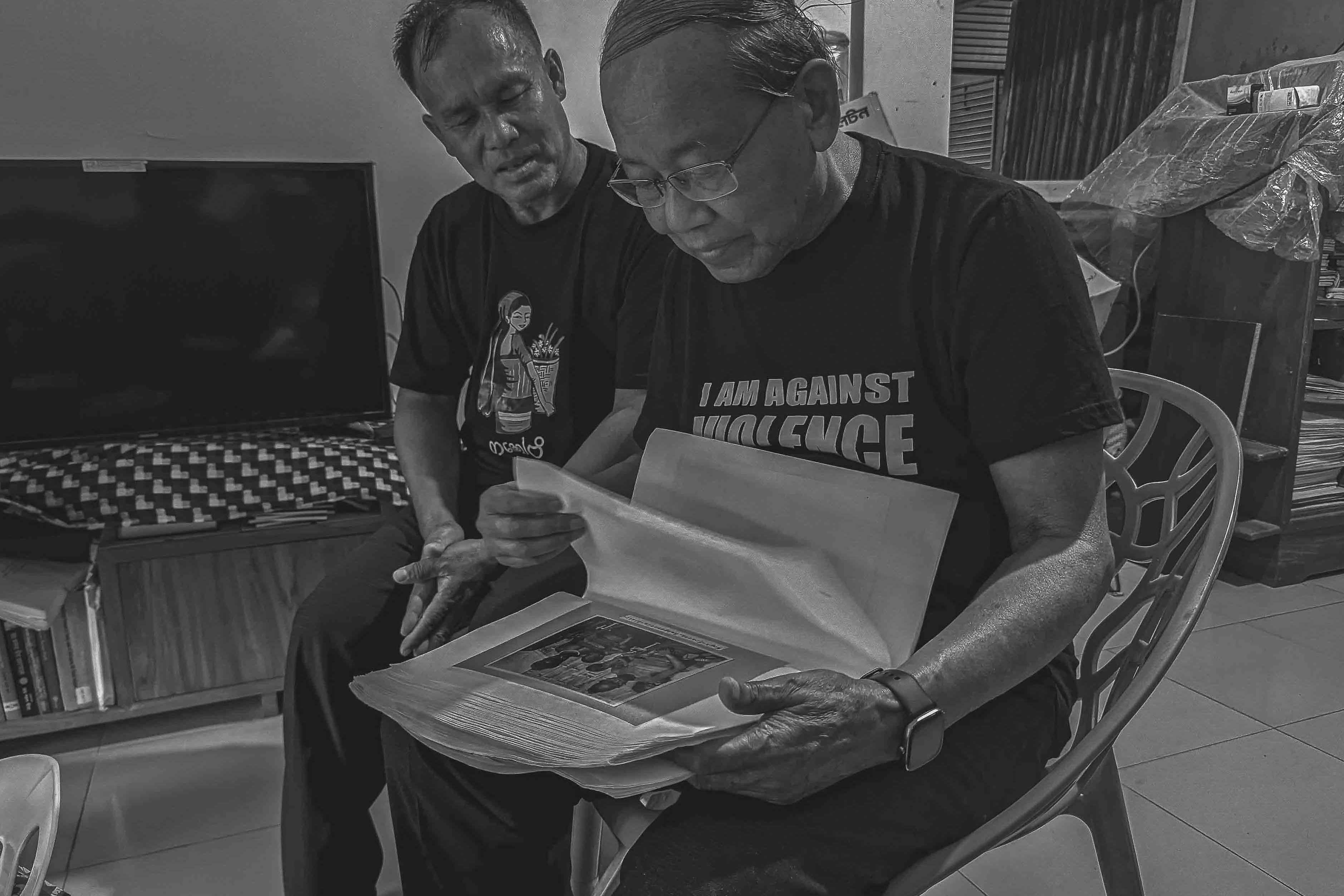
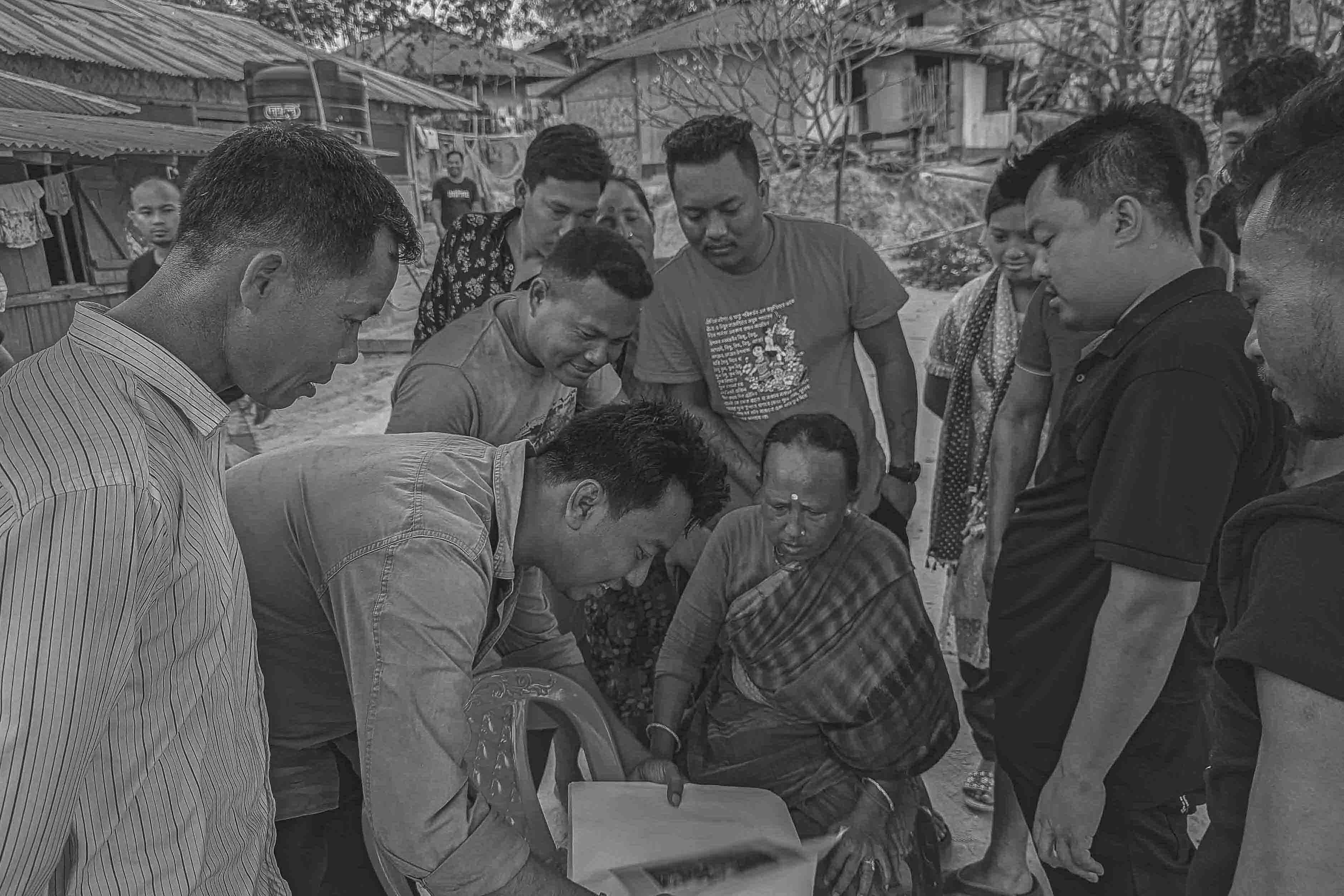
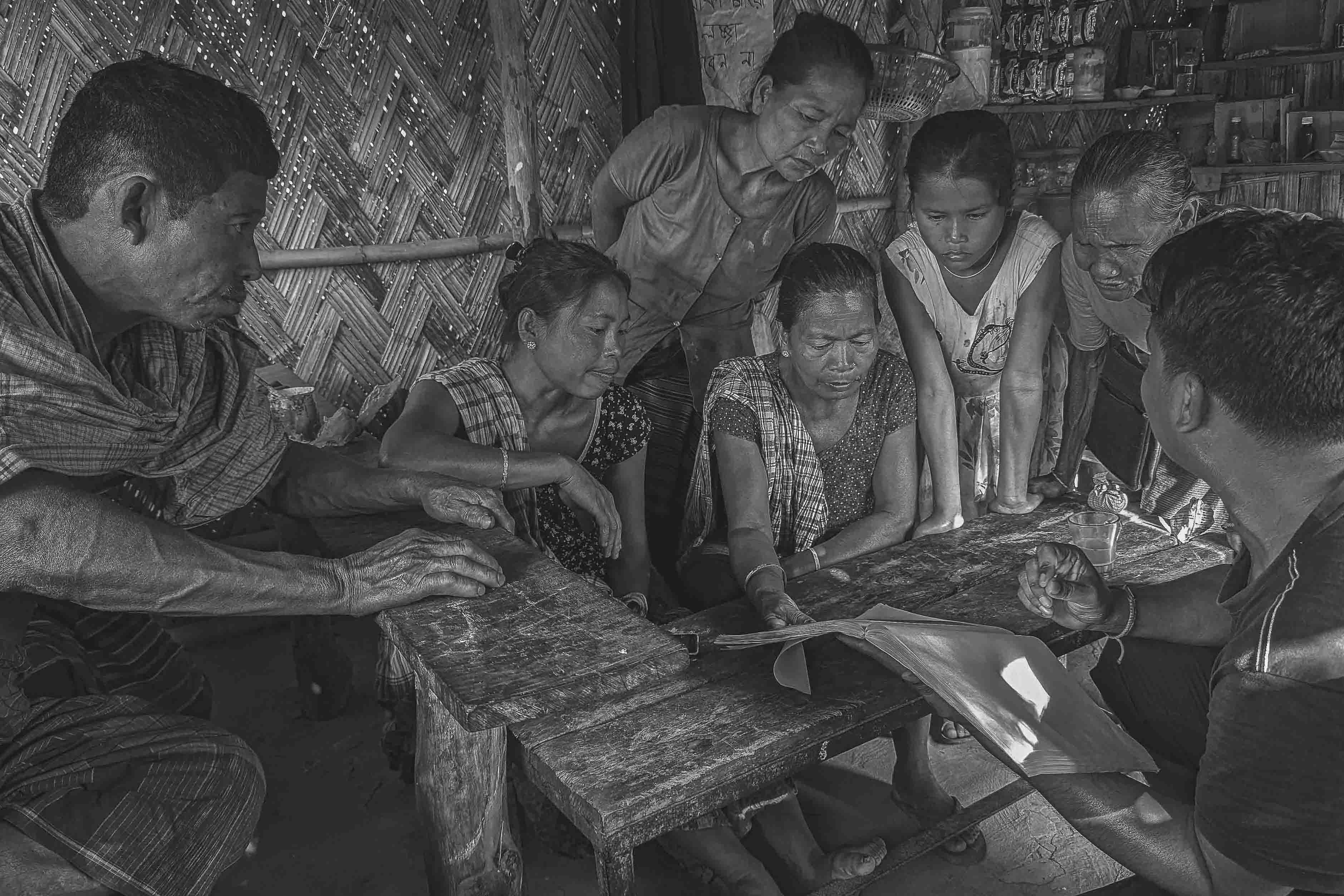
field works in the area and communicated with the local people, scholars, and institutes with a printed copy of the image collection to compare the oral stories with the traditional historical context. Where throughout history, these indigenous people and the land have had eight hundred years of resilience history with their foreign rulers: the Arakans, Mughals (1665- ), British Empire (1787-, Government of Pakistan (1947-1971), and Bangladesh (1971- present). The valley was submerged under water by Kaptai Hydroelectric Project dam between 1959 and 1963 (funded by USAID at a cost of 2.4 million to generate 80,000 kilowatts for use in CHT, had turned some 100,000 people into ‘environmental refugees’ in northeast India, state of Arunachal Pradesh, the sates of seven sisters, living the life of refugees for about a hundred years. I tried to connect this issue with the present conceptions of nation, nationalism, and nation-state. It contends that these core organizing principles of the international system have lost their libertarian impulses, and today, they have emerged as tools of hegemony in the hands of dominant forces within the nation-state. These people’s past became a bitter truth of being unsuitable human beings in the post-colonial land of Bangladesh and India.